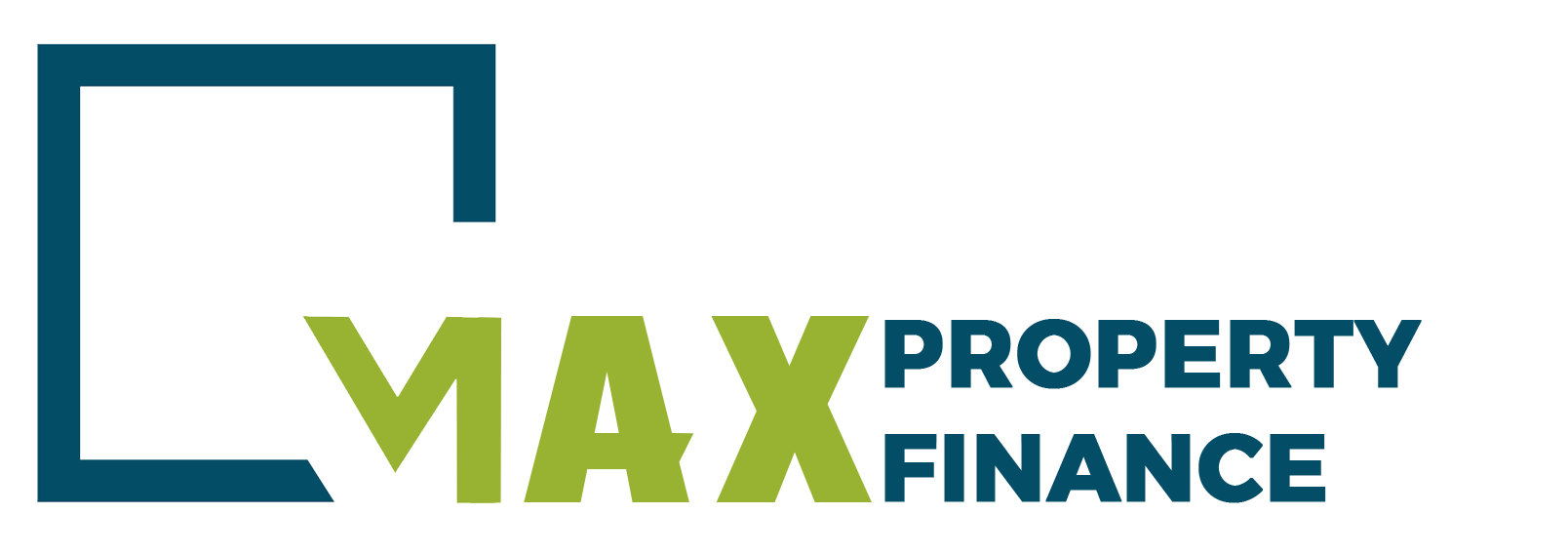- 12/07/2023
- Posted by: pr_finance
- Category: Finance & accounting

Financial wellness is not a goal but a journey that requires a solid understanding of money management. To achieve a state of financial wellness, it is crucial to navigate the complex world of finance with clarity and confidence. The journey involves several stages, each requiring different strategies.
Let’s dive deeper into achieving financial wellness and how informed money management is essential.
Understanding Your Financial Situation: The Foundation of Financial Wellness
Financial wellness begins with gaining a deep understanding of your current financial situation. It requires assessing and understanding different aspects of your finances, such as income, expenses, savings, and debt. A detailed evaluation of these factors clearly shows your financial health.
For instance, consider your income sources.
Are they steady, or do they fluctuate?
Do you have a diversified income stream, or is it primarily from one source?
Likewise, evaluate your expenses.
Are they mostly fixed or variable?
Are there areas where you could cut back?
Next, examine your savings and debt.
Are you saving a portion of your income regularly?
What about debt?
Are you dealing with high-interest credit card debt or student loans?
Understanding these elements helps you gauge where you stand and forms the foundation for building toward financial wellness. It’s all about transparency with yourself and being aware of your financial status.
Establishing Clear Financial Goals: Charting the Path to Wellness
Once you’ve clearly understood your current financial situation, the next step towards achieving financial wellness is setting financial goals. Goals provide direction and motivation for managing your finances.
Remember, these goals vary widely depending on your financial circumstances and aspirations. They could range from short-term targets like saving for a vacation to medium-term objectives such as buying a home to long-term plans like investing for retirement or paying off a mortgage.
Your financial goals should ideally be SMART – Specific, Measurable, Achievable, Relevant, and Time-bound. Having clear, realistic goals that align with your financial situation and life stage is essential. This clarity will make the journey toward financial wellness less daunting and more rewarding.
Mastering Money Management: The Driver of Financial Wellness
Money management is a key driver on the road to financial wellness. It goes beyond merely tracking income and expenses; it involves making informed decisions about spending, saving, and investing your resources wisely.
Effective money management starts with creating and sticking to a budget. A well-structured budget serves as a roadmap for your finances – it helps you track your spending, identify areas for savings, prioritize expenses, and ensure you’re investing in your financial future.
By maintaining a budget, you can avoid unnecessary expenses, concentrate on paying down debt, and build a solid financial cushion. Good money management practices help you reach your financial goals and enhance your overall financial wellness.
Creating an Emergency Fund: The Safety Net of Financial Wellness
In your journey toward financial wellness, you must be prepared for unexpected financial emergencies. An emergency fund acts as a financial safety net, protecting you from unforeseen circumstances that may negatively impact your finances, such as medical emergencies or job loss.
Building an emergency fund takes time and discipline, but the peace of mind it provides is priceless. Ideally, this fund should cover three to six months of living expenses. This cushion lets you weather financial setbacks without derailing your long-term financial wellness.
Investing for the Future: The Growth Engine of Financial Wellness
Investing plays a crucial role in your journey toward financial wellness. It helps your money grow over time and can secure your financial future. However, investing involves understanding various investment options, potential returns, and associated risks.
Diversification is critical in investing. It involves spreading your investments across different types of assets to balance risk and return. Depending on your financial goals, risk tolerance, and investment horizon, you can create a diversified portfolio that aligns with your financial wellness strategy.
Reviewing and Adjusting Your Financial Plan: The Continuity of Financial Wellness
Achieving financial wellness is not a one-off event. It’s an ongoing process that requires regular review and adjustment of your financial plan. Various factors, such as changes in income, expenses, life circumstances, and financial goals, can influence your financial wellness journey.
Regularly reviewing your financial plan ensures it aligns with your current situation and aspirations. These adjustments can involve changing your budget, modifying your financial goals, or rebalancing your investment portfolio. This ongoing process ensures your financial wellness plan remains effective, helping you maintain and enhance your financial health over the long term.
Bottom Line
Financial wellness is achievable with the right mindset and a strategic approach to money management. It’s about understanding your finances, setting clear goals, managing your money wisely, creating a financial safety net, investing for the future, and regularly reviewing your financial plan. As you navigate your financial journey, remember that the path to financial wellness is not always easy, but with perseverance and informed decision-making, it’s undoubtedly attainable.
Ready to secure your financial future?
Start your journey toward financial wellness with Max Property Finance today. Our expert advice and tools can guide you every step of the way. Join us now!
